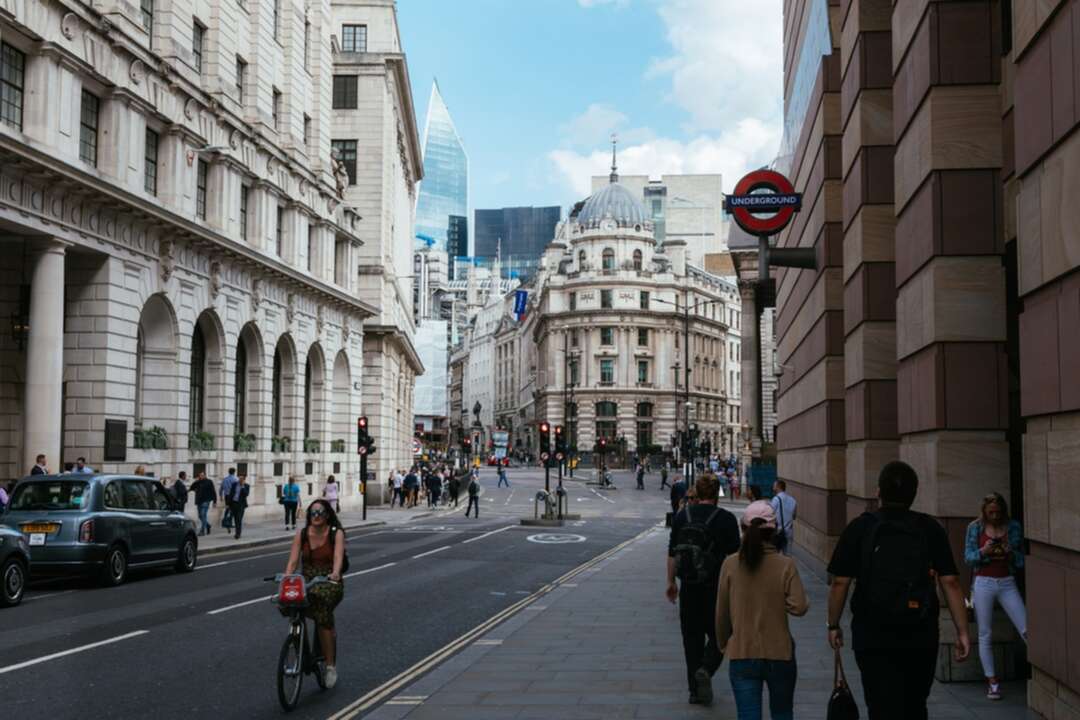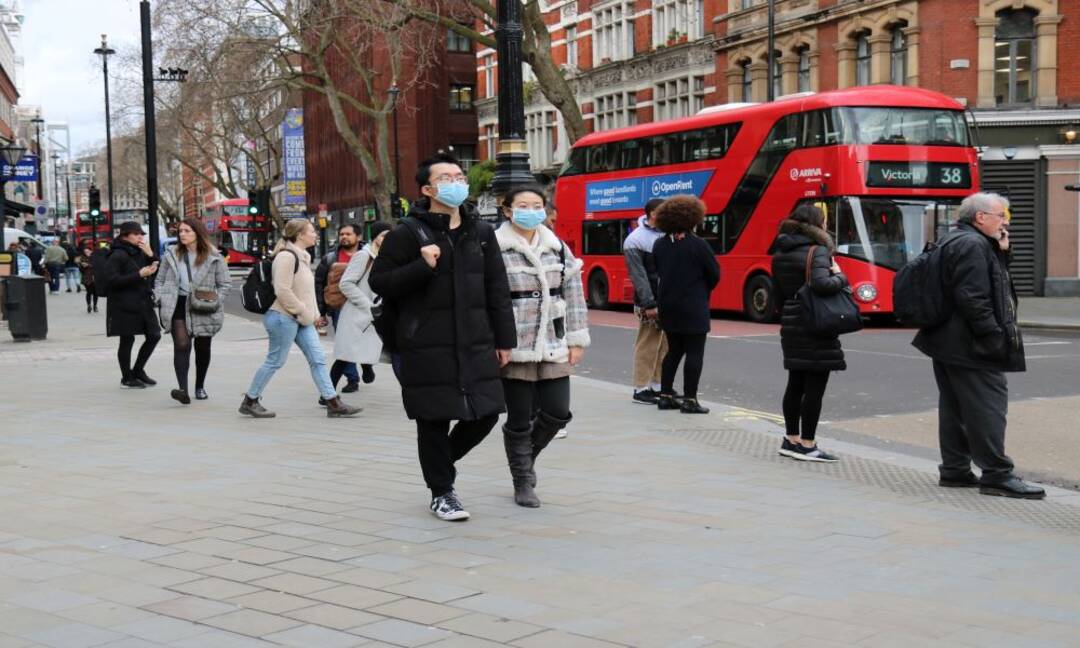-
UK's central bank under pressure as inflation soars to 30-year high

The Xinhua reported that pressure is mounting on the Bank of England (BoE), the United Kindom's (UK) central bank, to raise interest rates as official statistics released on Wednesday showed that the country's Consumer Prices Index (CPI) rose by 5.4 percent in the 12 months to December 2021, beating expectations and reaching its highest level since early 1992.
The country's Office for National Statistics (ONS) said in a report that inflation rose in December mainly due to price hikes for food and non-alcoholic beverages, restaurants and hotels, furniture and household goods, and clothing and footwear.
Grant Fitzner, chief economist at the ONS, said: "Food prices again grew strongly, while increases in furniture and clothing also pushed up annual inflation, adding that "These large rises were slightly offset by petrol prices, which despite being at record levels were stable this month but rose this time last year."

The UK tightened restrictions in December to stem the spread of the highly contagious Omicron coronavirus variant. Fitzner said that nevertheless, "the closures in the economy last year have impacted some items but, overall, this effect on the headline rate of inflation is negligible."
The UK's soaring inflation has been piling pressure on the BoE. Samuel Tombs, an economist at Pantheon Macroeconomics, an economic research consultancy, said the December data left the central bank "little choice but to hike rates again in February."
UK police asked to investigate Indian officials’ role in disputed Kashmir
Echoing Tombs, Kitty Ussher, chief economist at the Institute of Directors, a British professional organization, said: "What is of particular concern is that the change from November has come mainly from an increase in the price of food. Not only does this provide additional evidence that inflation is becoming endemic rather than transitory, it also bodes ill for households facing multiple rises in the cost of living this spring."
Ussher added: "We therefore expect interest rates to rise again when the Bank of England Monetary Policy Committee next meets in early February."
In December 2021, the BoE raised the interest rate for the first time in more than three years after cutting it to a record low during the COVID-19 pandemic. The decision came as the annual CPI inflation in the country rose from 3.1 percent in September to a decade high of 5.1 percent in November.
UK government freezes BBC license fee for 2 years
Since then, consumer prices stayed at high levels, partly as a result of surging energy prices, supply chain disruptions and labor shortages.
During the fourth quarter of 2021, British households saw their financial wellbeing deteriorate at the fastest rate since the second quarter of 2020, as surging living costs hit people's pockets and led to the steepest fall in cash availability since the start of 2014, the Scottish Widows Household Finance Index showed earlier this month.
A Financial Times article on Wednesday said that the BoE was put in a dilemma.
UK defence secretary: UK sending weapons to defend Ukraine
The newspaper noted: "It is under pressure to raise interest rates to cool spending and bring inflation down towards its two percent target, but it does not want to squeeze household budgets too far and undermine the recovery."
Alpesh Paleja, lead economist at the Confederation of British Industry, a British business organization, said that upward pressure on CPI inflation is not expected to dissipate anytime soon. "We've not seen the end of rising inflation yet. We expect it to peak in the months ahead, not least if, as expected, the energy price cap is raised."
UK economy grows bigger than before pandemic in November
Paleja added: "With prices on the rise and real wages already falling, it's likely households will face a cost-of-living crunch for much of this year."
Source: xinhua
You May Also Like
Popular Posts
Caricature
Syrians' concerns now
- December 10, 2024
Syrians' concerns now #Syria
#Bashar_al-Assad
#Liberation_of_Syria
#Syrians
#Future_of_Syria
#Levant_News

opinion
Report
ads
Newsletter
Subscribe to our mailing list to get the new updates!





















